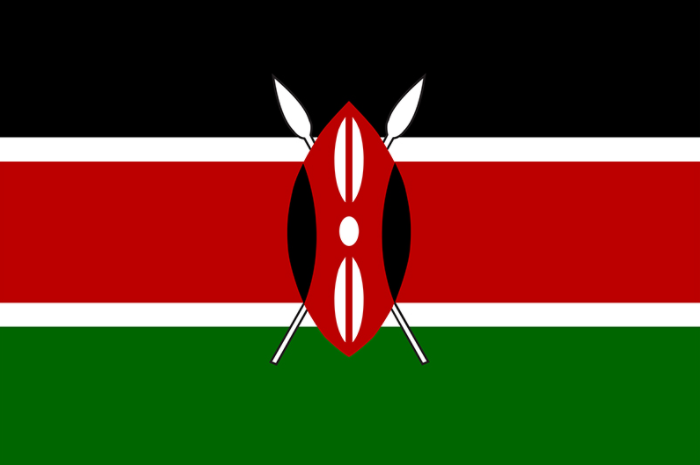Splits and realignments and more political noise

Politicians from the east of Mt Kenya were last week angered by the suggestion from their counterparts from the west of the mountain that there could yet be a candidate from that side fit for the presidency.
Meru Governor Kiraitu Murungi is arguably the most senior politician from the region east of the mountain, and his complaint, plus that of Senator Mithika Linturi,lends some credence to the feeling that it is time one of their own was supported. Recent events suggest that this one of their own would be National Assembly Speaker
Justin Muturi, who was recently controversially ‘enthroned’ as the spokesman for the region at a ceremony at Mukurwe wa Nyagathanga. It has, however, been suggested that there could be much more than meets the eye in this complaint by the Mt Kenya east group, with local contests mixed up with national ambitions, as the narrative of a split in the Gikuyu, Embu and Meru grouping gaining traction.
The local contests would be the supremacy wars in Meru County between Mr Murungi and his predecessor, Peter Munya, who would be looking for a new perch after President Kenyatta exits in 2022. With Mr Linturi banking on Mr Murungi to retain his seat in the county, and Mr Munya carrying a real threat, it is politically strategic to start getting strong alliances together.
Their sentiments play to the larger audience as well, as Deputy President William Ruto is reportedly exploring the Central and Coast regions for his choice of running mate, the jostling to catch his eye is bound to increase. This jostling is already evident in Central Kenya, where three parties appear to have taken root, with two of them making significant inroads.
The first is the People’s Empowerment Party headed by Moses Kuria. The Gatundu South MP has scored two significant victories, in both cases defeating the Jubilee Party at by-elections – first at a ward in Murang’a and second, and perhaps more significantly, in Juja for a seat in the National Assembly. While it could be argued that Mr Kuria merely took advantage of Jubilee Party’s strategic blunders, that he saw them and persevered against the big party was proof of mobilization power and political prowess.
The second is the United Democratic Alliance, which has been doing highly visible campaigns to take the Kiambaa seat left vacant by the death of Paul Koinange.
The third is Mwangi Kiunjuri’s The Service Party, which has not had much of an impact beyond a much-publicised launch.
A split in the Mt Kenya region would be beneficial to the Deputy President, as he would then have an opportunity to woo each side separately and strategically and can get some rather than lose all. A split would however not be a new phenomenon, as before the region came together to back Mwai Kibaki’s re-election in 2007, not once since the advent of multiparty had its people voted as a block. The downside is that the political activity has clearly begun months to the election, and that might not do good for the economic environment.

